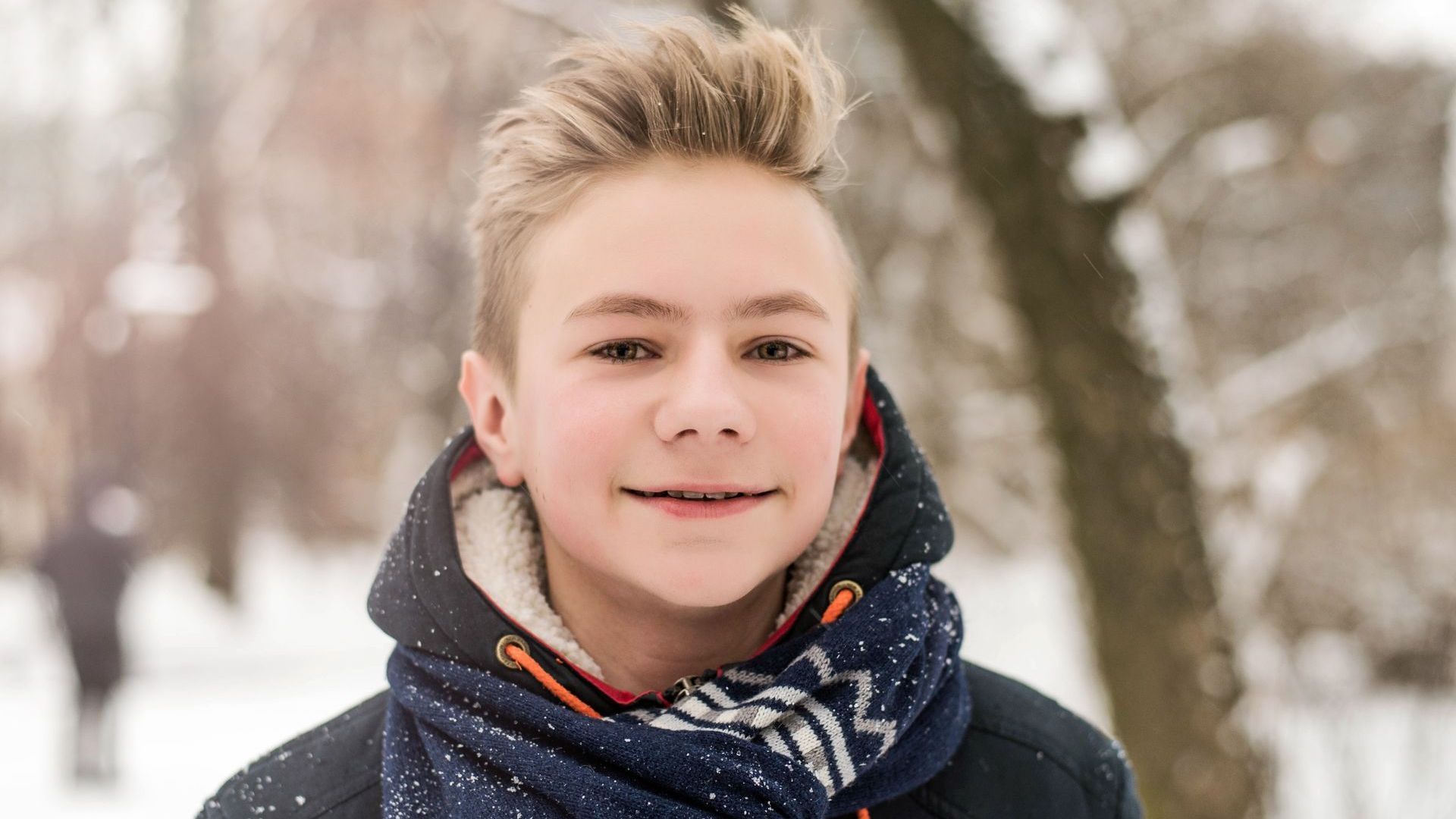8 Steps to Creating a Winter Routine That Supports Your Teen's Mental Health
With shorter days and colder temperatures, it is easy for teens to feel the impact of winter on their mental health. The lack of sunlight, limited outdoor activities, and changing schedules can be overwhelming. Developing a winter routine can help your teen stay grounded, focused, and emotionally healthy during this season.
Here are eight actionable steps to support their well-being:
1. Prioritize Consistent Sleep Patterns
Sleep is vital for mental health, and teens are especially susceptible to irregular sleep schedules during winter breaks and holidays. Encourage a consistent bedtime and wake-up time, even on weekends. Quality sleep improves mood, energy levels, and concentration—all crucial during the winter months.
Tips:
- Limit screen time before bed to help them wind down.
- Create a cozy bedtime routine with calming activities like reading or journaling.
- Consider blackout curtains or a sunrise alarm clock to mimic natural light cycles.
2. Stay Physically Active
While winter may limit outdoor activities, staying active is crucial for mental health. Exercise releases endorphins, which can reduce stress and improve mood. Help your teen find activities they enjoy, whether indoors or outdoors.
Ideas:
- Bundle up for a family walk or hike.
- Encourage them to try yoga or dance workouts at home.
- Suggest joining a winter sports team or visiting an indoor climbing gym.
3. Encourage Healthy Eating Habits
The comfort foods of winter can be tempting, but a balanced diet plays a significant role in mental health. Include meals rich in fruits, vegetables, lean proteins, and whole grains to help regulate energy levels and mood.
Suggestions:
- Cook together to make healthy meals fun and educational.
- Incorporate mood-boosting foods like salmon, nuts, and leafy greens.
- Limit sugary snacks and drinks, which can lead to energy crashes.
4. Foster Social Connections
The colder months can isolate teens, especially if they are spending more time indoors. Make an effort to encourage social interaction, whether through in-person or virtual means.
Ways to Connect:
- Host a game night or movie marathon with family or friends.
- Support their participation in school clubs or community groups.
- Help them organize virtual hangouts with friends if weather limits travel.
5. Embrace the Outdoors
Even during winter, exposure to natural light and fresh air can boost mood and energy. Encourage your teen to spend time outdoors, even if it is just for a few minutes a day.
Activities:
- Go ice skating or sledding as a family.
- Take short walks during daylight hours to soak in natural light.
- Start a simple birdwatching or nature photography project.
6. Model Stress-Relief Techniques
Winter can be a busy and stressful time with school deadlines, holiday expectations, and more. Equip your teen with tools to manage stress effectively.
Techniques:
- Practice deep breathing exercises or guided meditations together.
- Encourage them to keep a gratitude journal to focus on positive aspects of their life.
- Create a quiet, comfortable space in your home where they can relax.
7. Be Attentive and Communicative
Teens may not always express their feelings directly, so it is important to stay tuned into their emotional needs. Regular check-ins can help you gauge how they are coping and provide opportunities to offer support.
Tips for Communication:
- Ask open-ended questions like, “How are you feeling about school lately?”
- Listen actively without judgment or interruption.
- Share your own experiences to normalize conversations about mental health.
8. Seek Professional Support When Needed
If your teen is showing signs of persistent sadness, withdrawal, or anxiety, it may be time to seek professional help. Therapists and counselors can provide tools and strategies to navigate challenges and build resilience. Visit our Outpatient Clinic to learn more about therapy options. For families considering more intensive care, find out more about our Residential Treatment Program.
Winter does not have to be a season of struggle for your teen. By creating a routine that prioritizes sleep, activity, nutrition, connection, and communication, you can help them thrive both mentally and emotionally. Small, consistent steps can make a big difference in their well-being—and yours too.
Get to Know youth home!
Our mission is to equip and empower youth, adults, and families to become healthier and contributing members of the community by providing compassionate psychiatric and behavioral health care.





